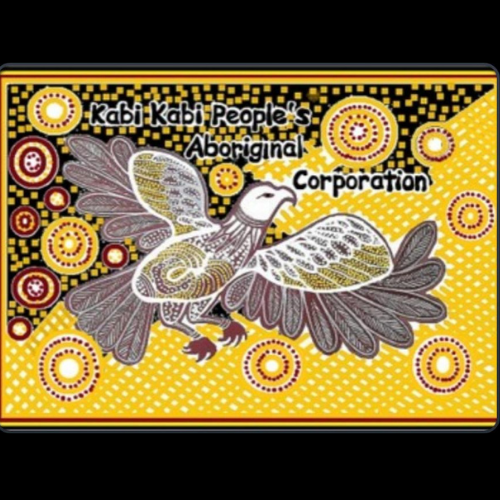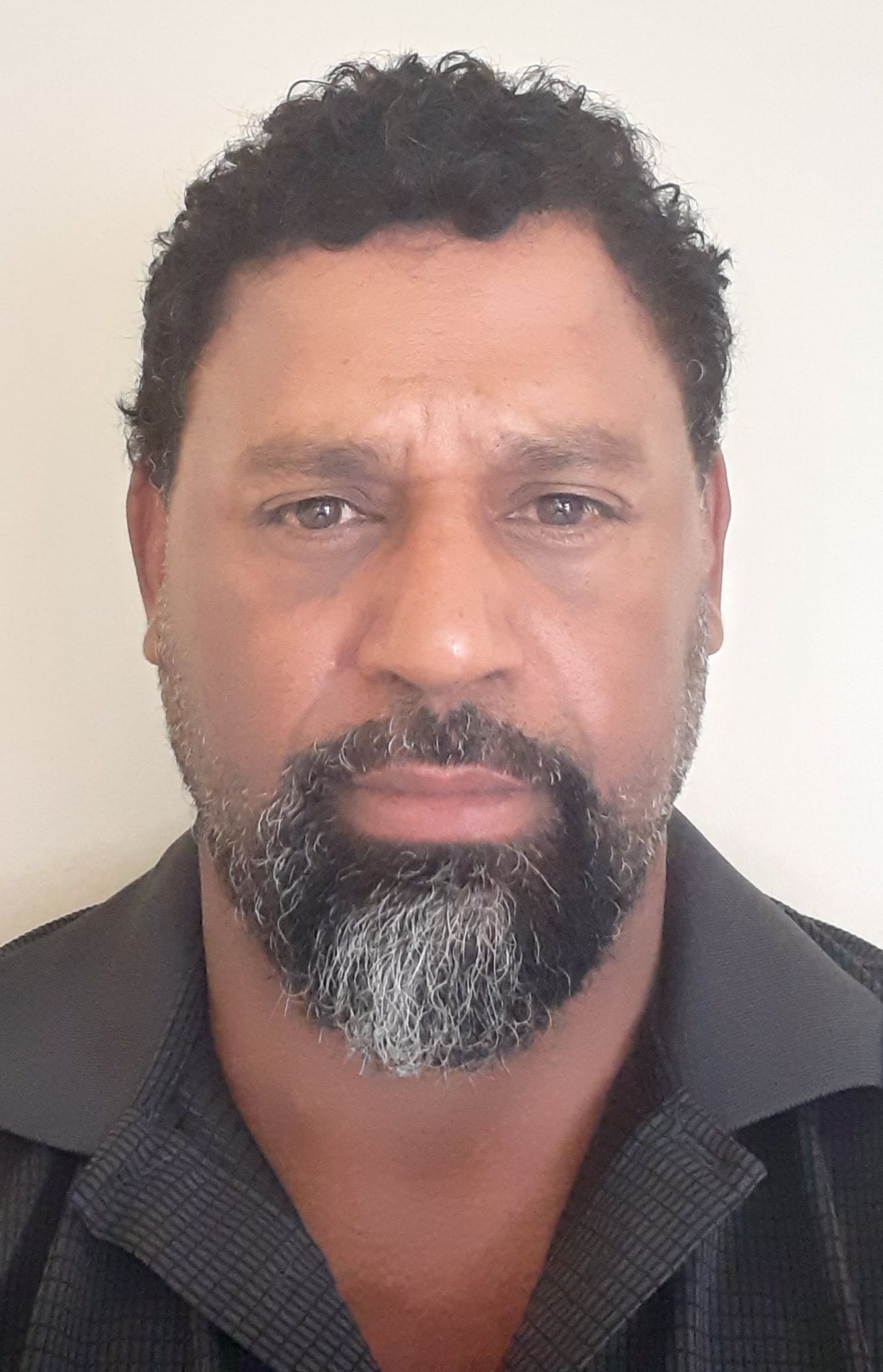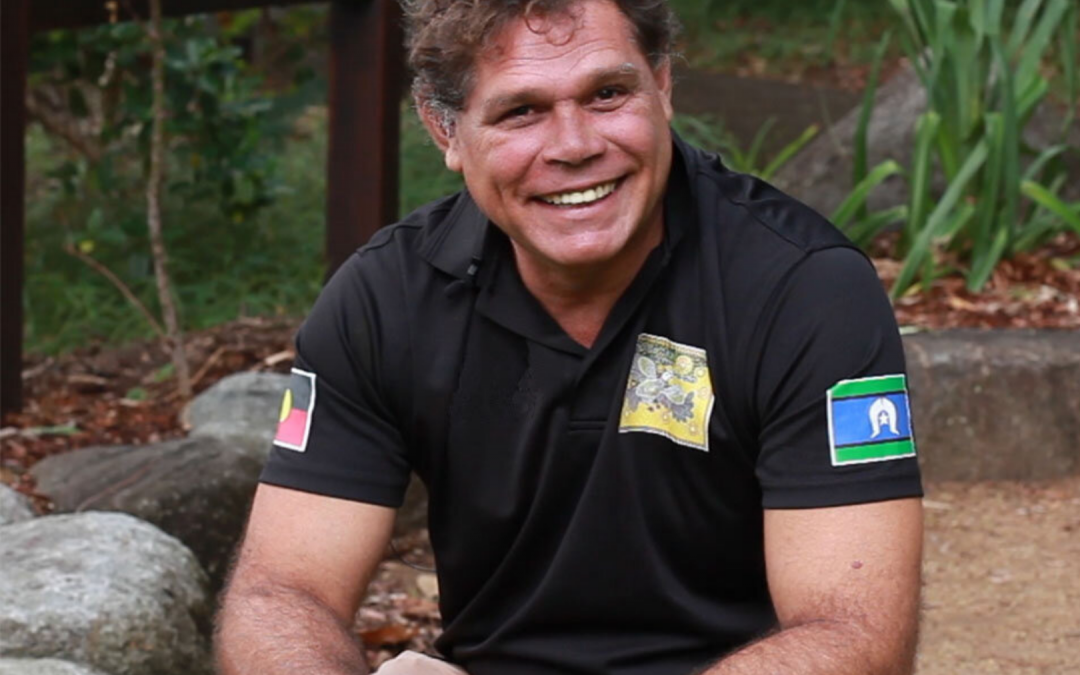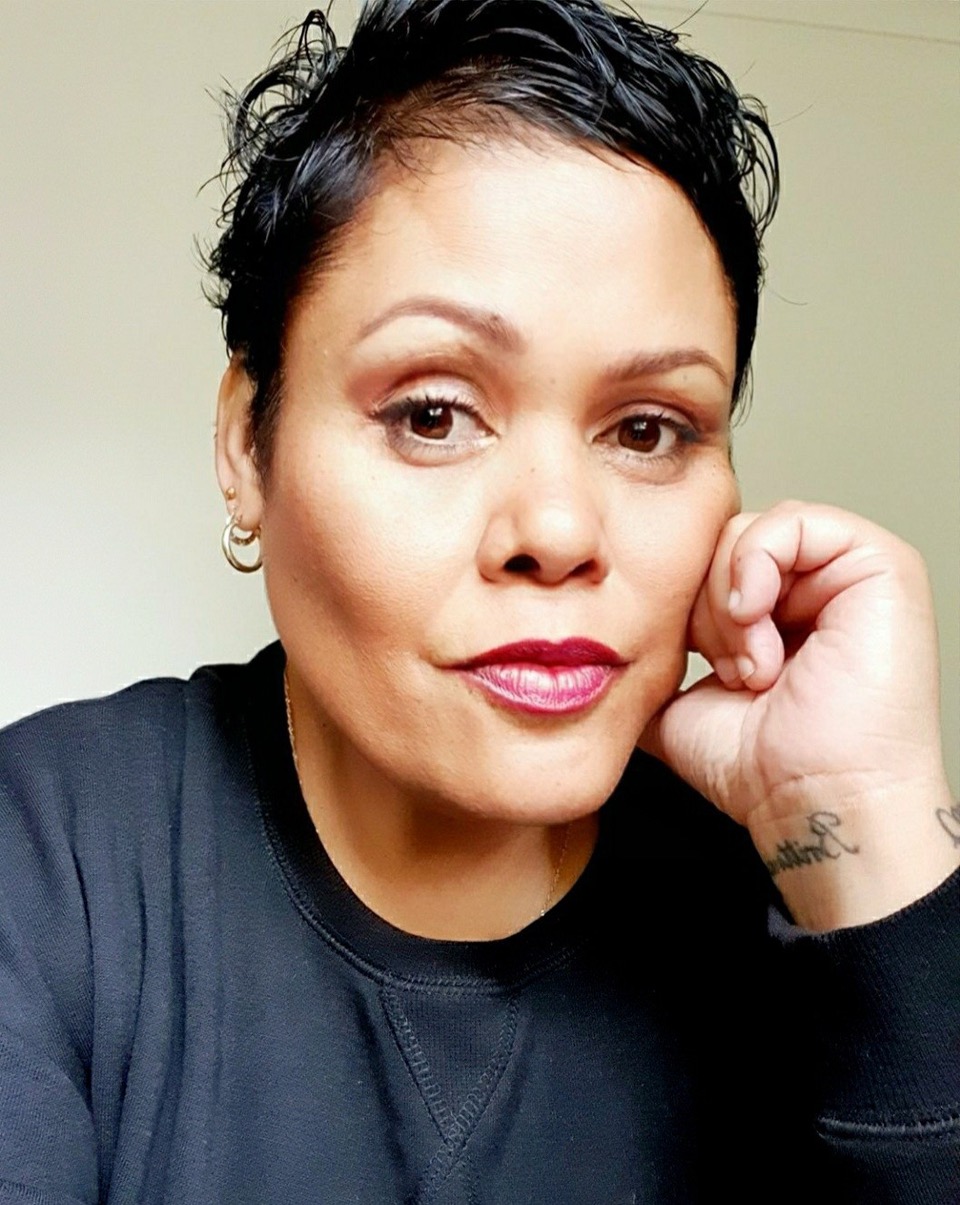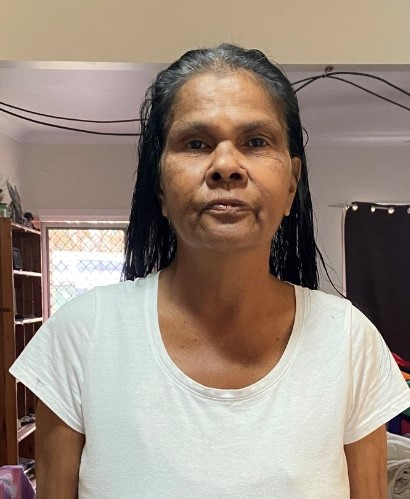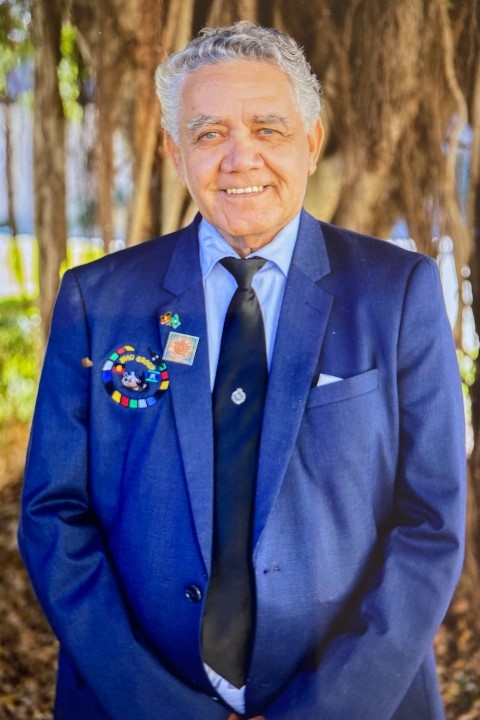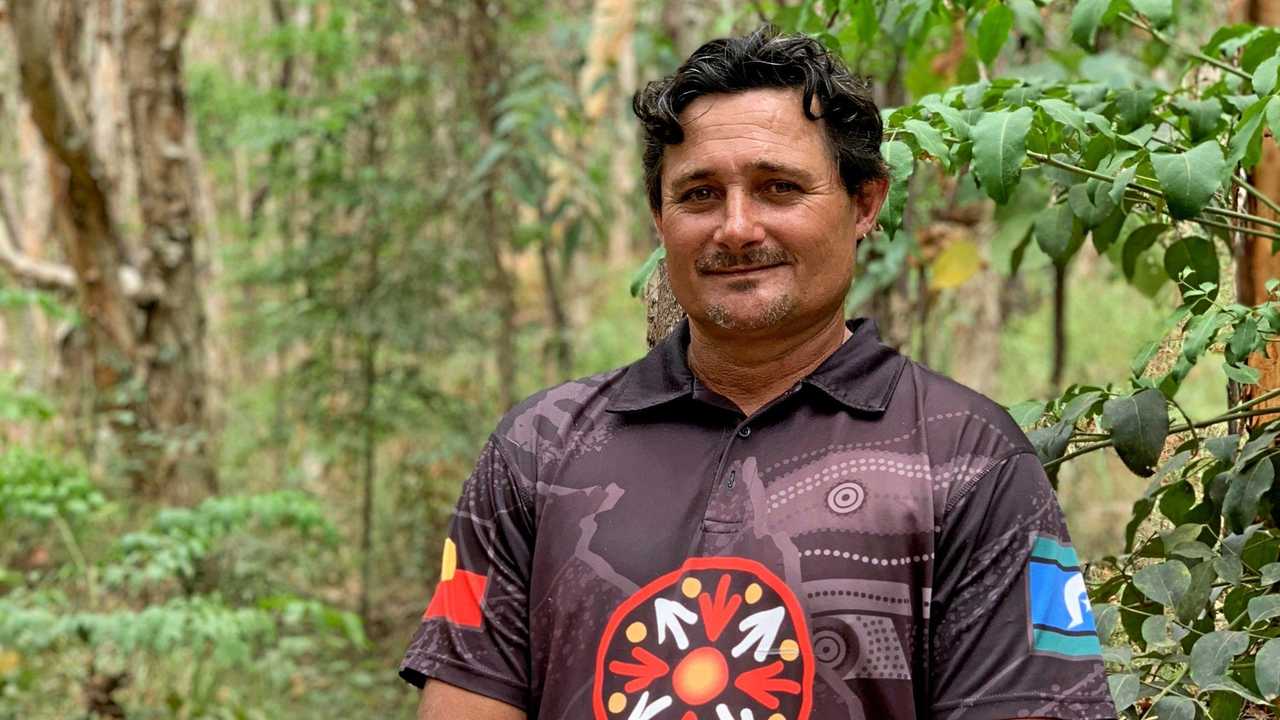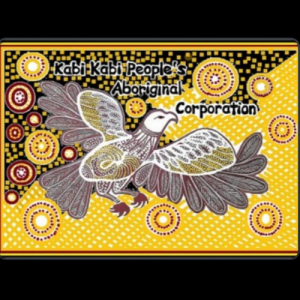Norman Bond | Chair
Norman Bond was born at Cherbourg, raised by both his parents and was fortunate to know his grandmother and great grandmother, whom were proud Kabi Kabi women both having played a pivotal role in him understanding his cultural identity and his connection to Kabi Kabi country.
Norman has been an applicant for the Kabi Kabi First Nation Claim since 2016 and currently is appointed as Chairperson of the Kabi Kabi Peoples Aboriginal Corporation (KKPAC) and nominated Coordinator of Cultural Heritage.
A commitment Norman is seeking to achieve is to improve the structural deficiencies with KKPAC and build a sense of community that people can trust. With these commitments, KKPAC can forge stronger relationships. A further goal of Norman’s is to grow existing opportunities for Kabi Kabi people, where it is hoped that more Kabi Kabi people live and work on country, which is a great aspiration since Norman was elected to serve the claim group.
Some of Norman’s achievements to date were to establish the KKPAC, which resulted in creating employment opportunities through land management opportunities. The status of achievement for KKPAC is more significant due to the corporation receiving no financial support to date from any existing Kabi Kabi entities.
